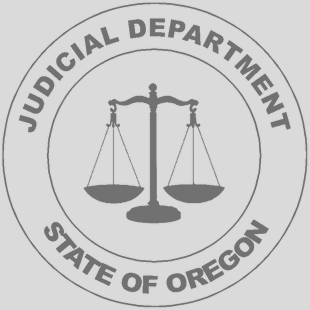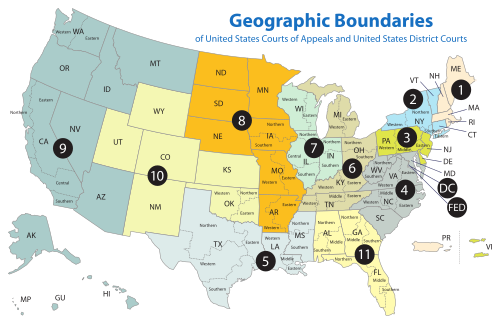
The Massachusetts Supreme Judicial Court (SJC) is the highest court in the Commonwealth of Massachusetts. Although the claim is disputed by the Supreme Court of Pennsylvania, the SJC claims the distinction of being the oldest continuously functioning appellate court in the Americas, with a recognized history dating to the establishment of the Massachusetts Superior Court of Judicature in 1692 under the charter of the Province of Massachusetts Bay.

The Superior Court of the District of Columbia, commonly referred to as DC Superior Court, is the trial court for the District of Columbia, in the United States. It hears cases involving criminal and civil law, as well as family court, landlord and tenant, probate, tax and driving violations. All appeals of Superior Court decisions go to the District of Columbia Court of Appeals.

The Massachusetts Appeals Court is the intermediate appellate court of Massachusetts. It was created in 1972 as a court of general appellate jurisdiction. The court is located at the John Adams Courthouse at Pemberton Square in Boston, the same building which houses the Supreme Judicial Court and the Social Law Library.

The Oregon Judicial Department (OJD) is the judicial branch of government of the state of Oregon in the United States. The chief executive of the branch is the Chief Justice of the Oregon Supreme Court. Oregon’s judiciary consists primarily of four different courts: the Oregon Supreme Court, the Oregon Tax Court, the Oregon Court of Appeals, and the Oregon circuit courts. Additionally, the OJD includes the Council on Court Procedures, the Oregon State Bar, Commission on Judicial Fitness and Disability, and the Public Defense Services Commission. Employees of the court are the largest non-union group among state workers.
The Government of Guam (GovGuam) is a presidential representative democratic system, whereby the president is the head of state and the governor is head of government, and of a multi-party system. Guam is an organized, unincorporated territory of the United States with policy relations between Guam and the US under the jurisdiction of the Office of Insular Affairs.

The Government of Tennessee is organized under the provisions of the 1870 Constitution of Tennessee, first adopted in 1796. As set forth by the state constitution, administrative influence in Tennessee is divided among three branches of government: executive, legislative, and judicial.
The Judiciary of Vermont is the state court system of Vermont, charged with Vermont law.

Courts of Alabama include:
Courts of Georgia include:

Courts of Michigan include:
Courts of Tennessee include:
The Commonwealth of Massachusetts is governed by a set of political tenets laid down in its state constitution. Legislative power is held by the bicameral General Court, which is composed of the Senate and House of Representatives. The governor exercises executive power with other independently elected officers: the Attorney General, Secretary of the Commonwealth, and Auditor. The state's judicial power rests in the Supreme Judicial Court, which manages its court system. Cities and towns act through local governmental bodies to the extent that they are authorized by the Commonwealth on local issues, including limited home-rule authority. Although most county governments were abolished during the 1990s and 2000s, a handful remain.

The Boston Municipal Court (BMC), officially the Boston Municipal Court Department of the Trial Court, is a department of the Trial Court of the Commonwealth of Massachusetts, United States. The court hears criminal, civil, mental health, restraining orders, and other types of cases. The court also has an appellate division which reviews questions of law that arise from civil matters filed in the eight divisions of the department.

The Massachusetts District Court is a trial court in Massachusetts that hears a wide range of criminal, civil, housing, juvenile, mental health, and other types of cases.

The Massachusetts Superior Court is a trial court department in Massachusetts.
The judiciary of Massachusetts is the branch of the government of Massachusetts that interprets and applies the law of Massachusetts, ensures equal justice under law, and provides a mechanism for dispute resolution. The judicial power in Massachusetts is reposed in the Supreme Judicial Court, which superintends the entire system of courts.

The Massachusetts Trial Court Probation Service, more commonly referred to as the Massachusetts Probation Service (MPS), is the Commonwealth's primary supervisory law enforcement agency. Created in 1878, it is the first Probation agency established in the United States. The service was created based on the work of John Augustus, the Boston area bootmaker who is credited as the "Father of Probation".
The law of Massachusetts consists of several levels, including constitutional, statutory, regulatory, case law, and local ordinances. The General Laws of Massachusetts form the general statutory law.












